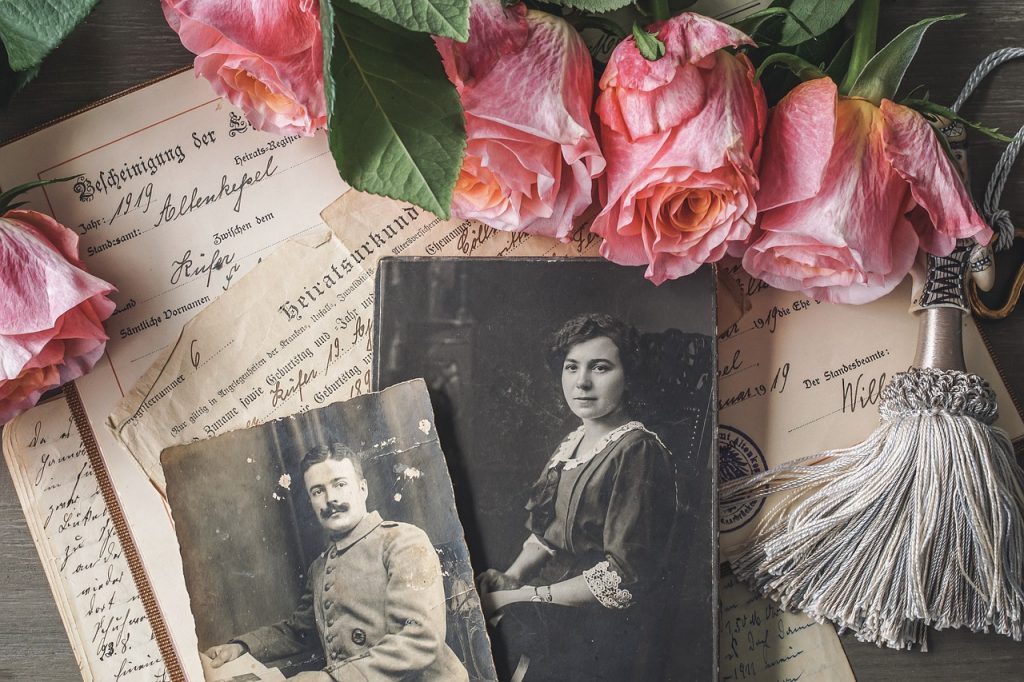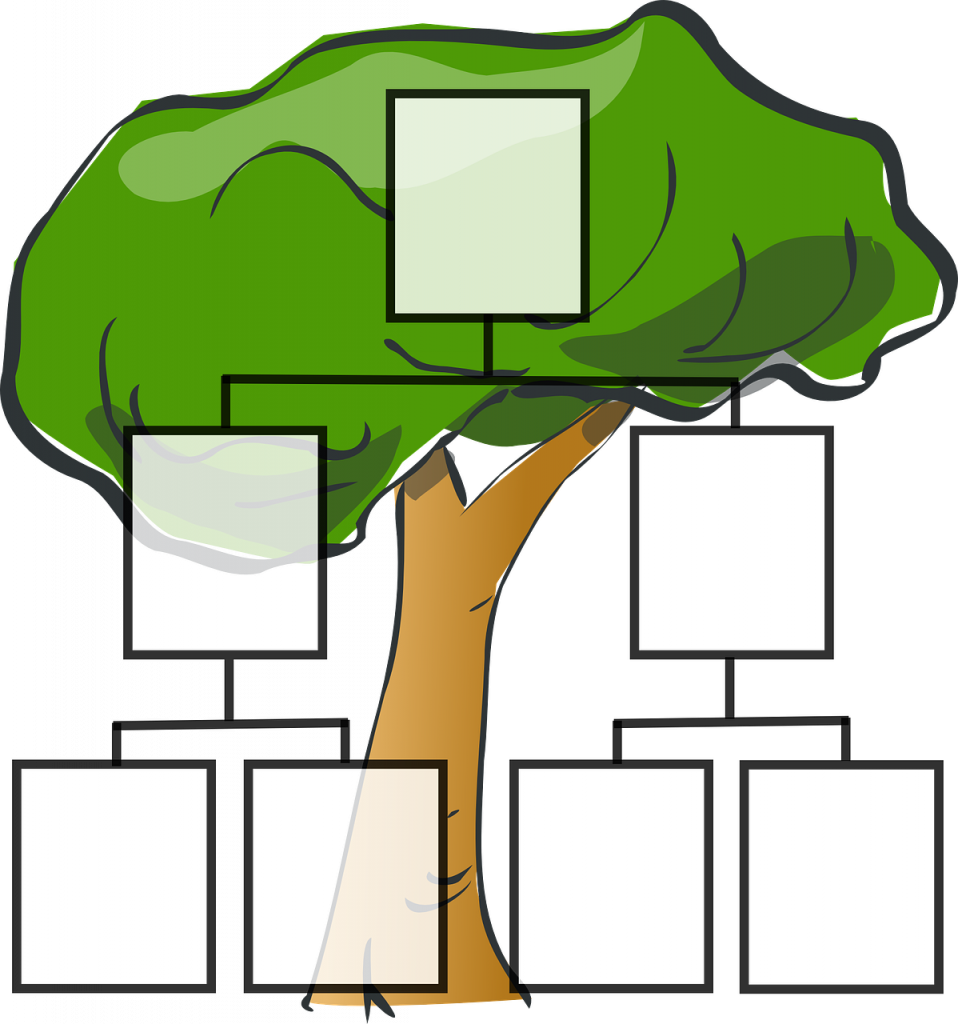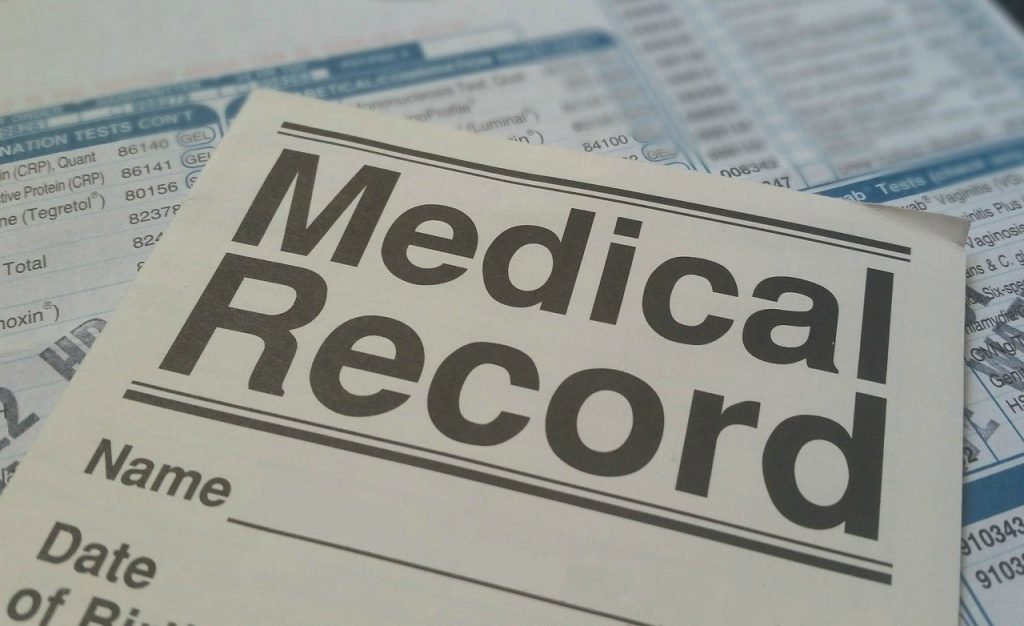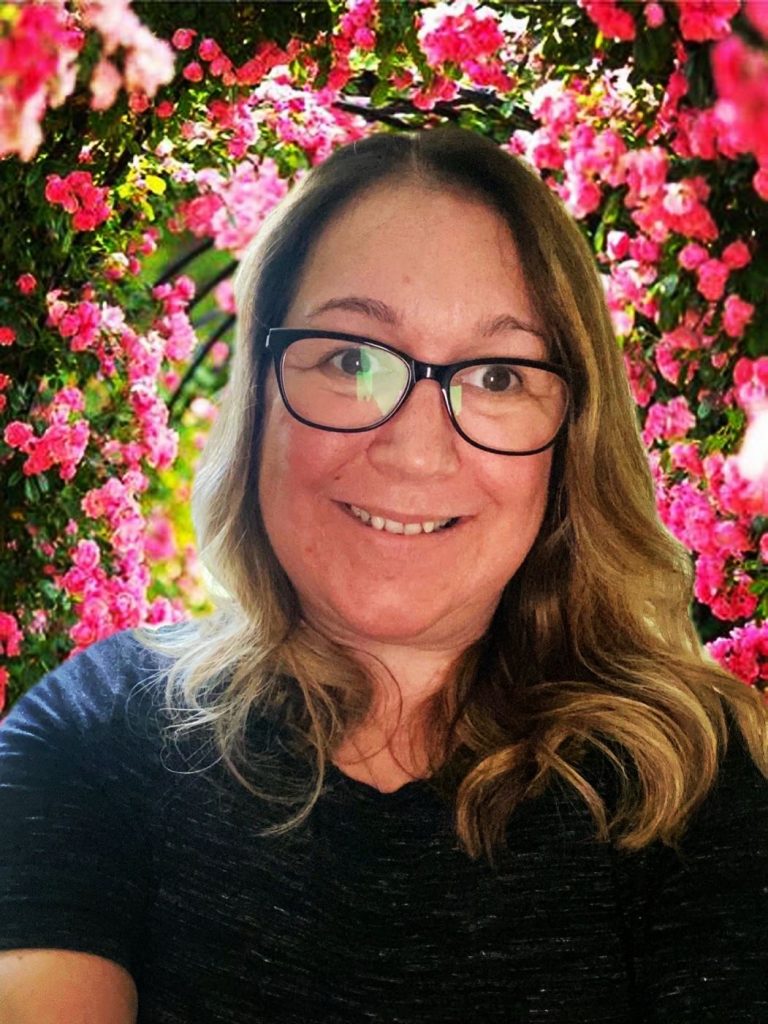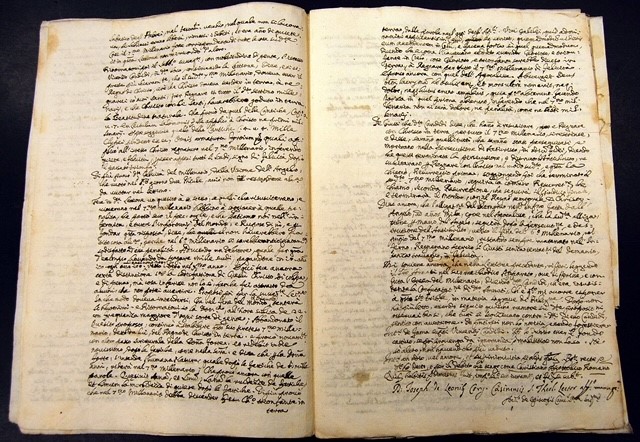Discovering family histories and creating a family tree is certainly fulfilling, but perhaps the greatest benefit of family trees is the ability to pass them on to future generations. What a priceless gift! Believe me, your descendants will be grateful for your hard work and determination. So what’s the best way to store those records?
Storing Your Family Tree
It is ideal if you have a record of all your notes and documentation gathered during your genealogy research. This information is an asset, and should be duplicated in case of disaster, such as fire, flood, or theft. Copying and storage can be done offsite. The information can also be scanned and stored on your computer, on disks, and possibly an external storage place.
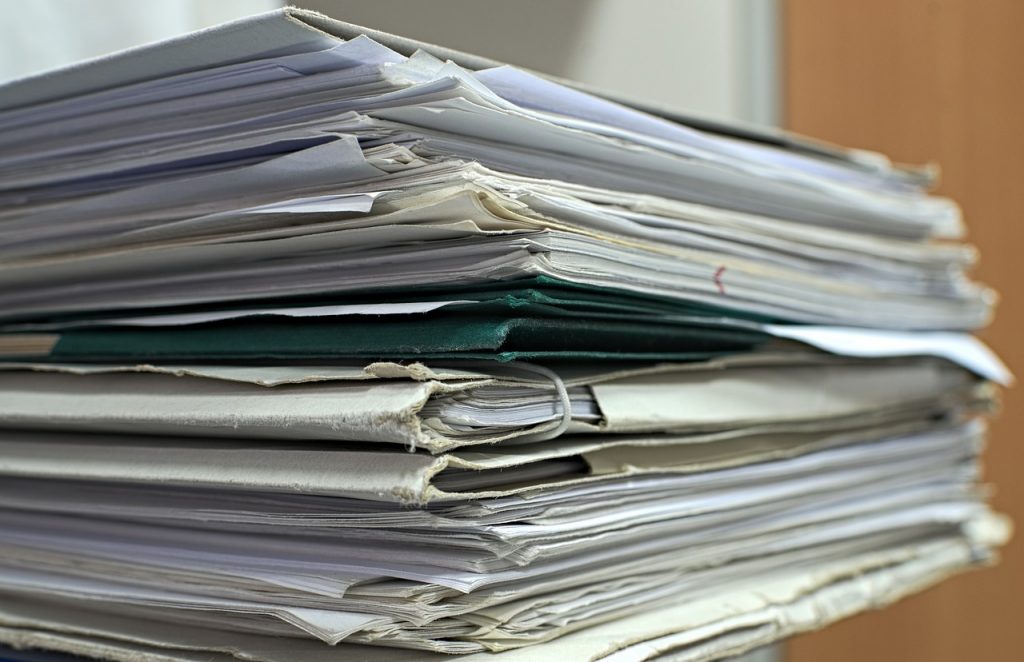
If your information is stored on a computer program, consider backing it up online with an external storage site. It is also possible to back up the data to an external hard drive and make copies of it on disc.
Presenting Your Family Tree
Creating a family tree is one of the best gifts you can give future generations. The family tree can be made into an elaborate work of art, framed and printed on glossy colour paper. They can also be as simple as a binder that contains charts of each family branch. Other options include reports and maybe even a book. Several genealogy software products also offer the option to print a beautiful book. It too would be a marvellous gift to future generations.
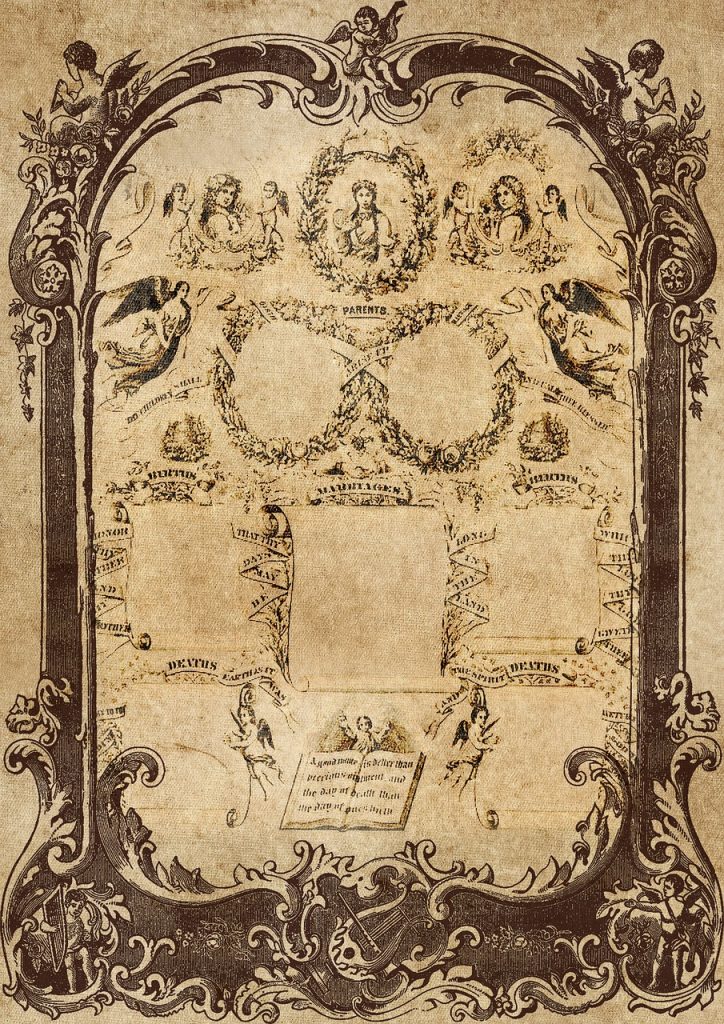
Sharing Your Family Tree
In addition to presenting your family tree in the form of a book, report, chart and as a work of art you can also share your family tree information by recording the information, and some of the family stories you’ve learned along the way, by creating an audio or video for your family. There are software products that allow you to upload family photos, which means you can display photos you’ve found and share and record certificates like birth, death and marriage certificates.
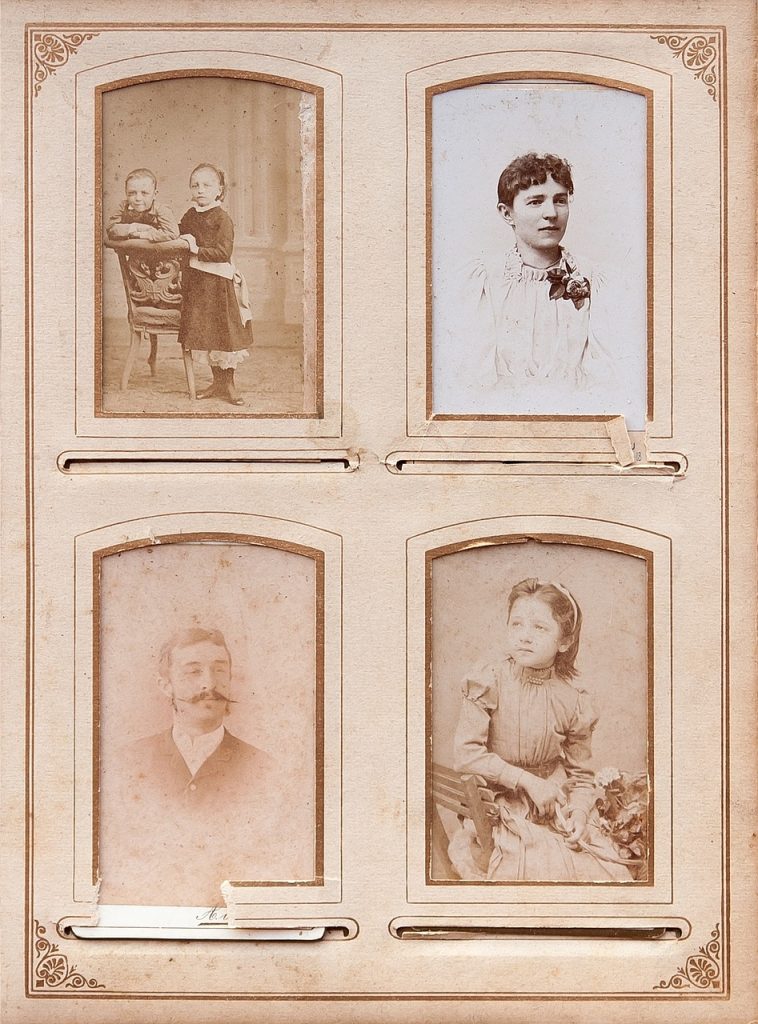
Software products often include sharing capabilities, so you can simply email or connect with other family members online and share your research. In this digital era, this is one of the most convenient ways to share your family tree, and it can be accessed by your family and descendants with ease.
Genealogy and researching your family tree can be an exciting and rewarding experience, but it can be a long and complicated process. Even after you have created a comprehensive family tree, your journey is not over. One of the most important aspects of a family tree is that it can be shared among generations. Wouldn’t it have been great to have all this information done for you when you were a child? An amazing connection to your family and history! Sharing your research and maintaining good records for future generations is one of the joys of genealogy research.

